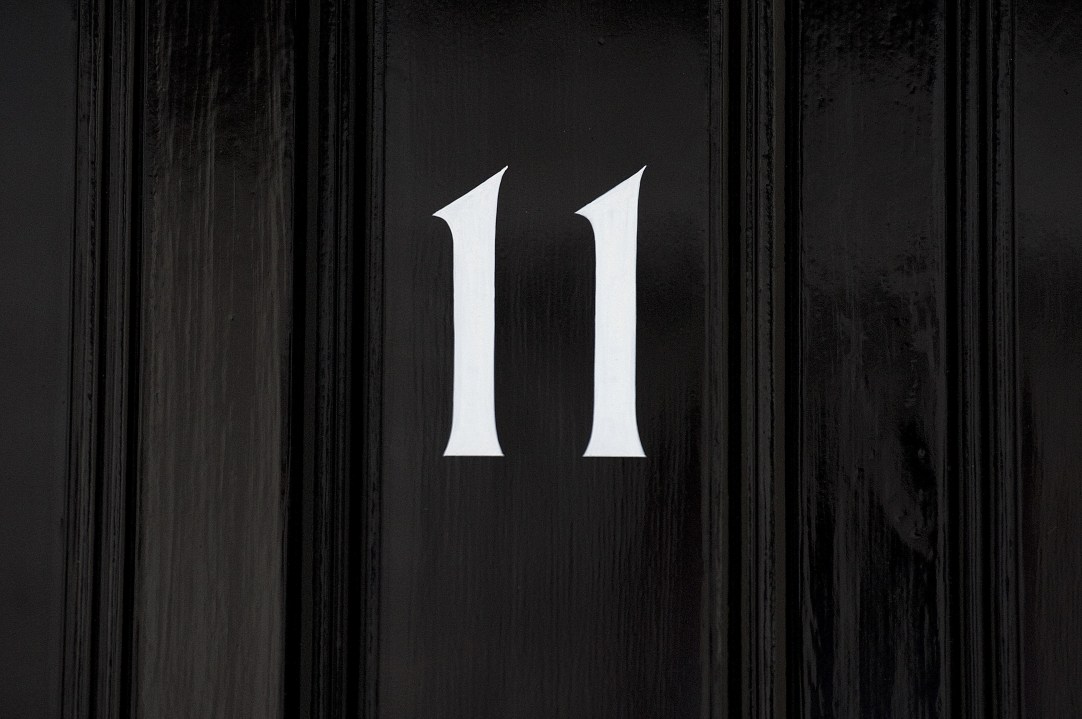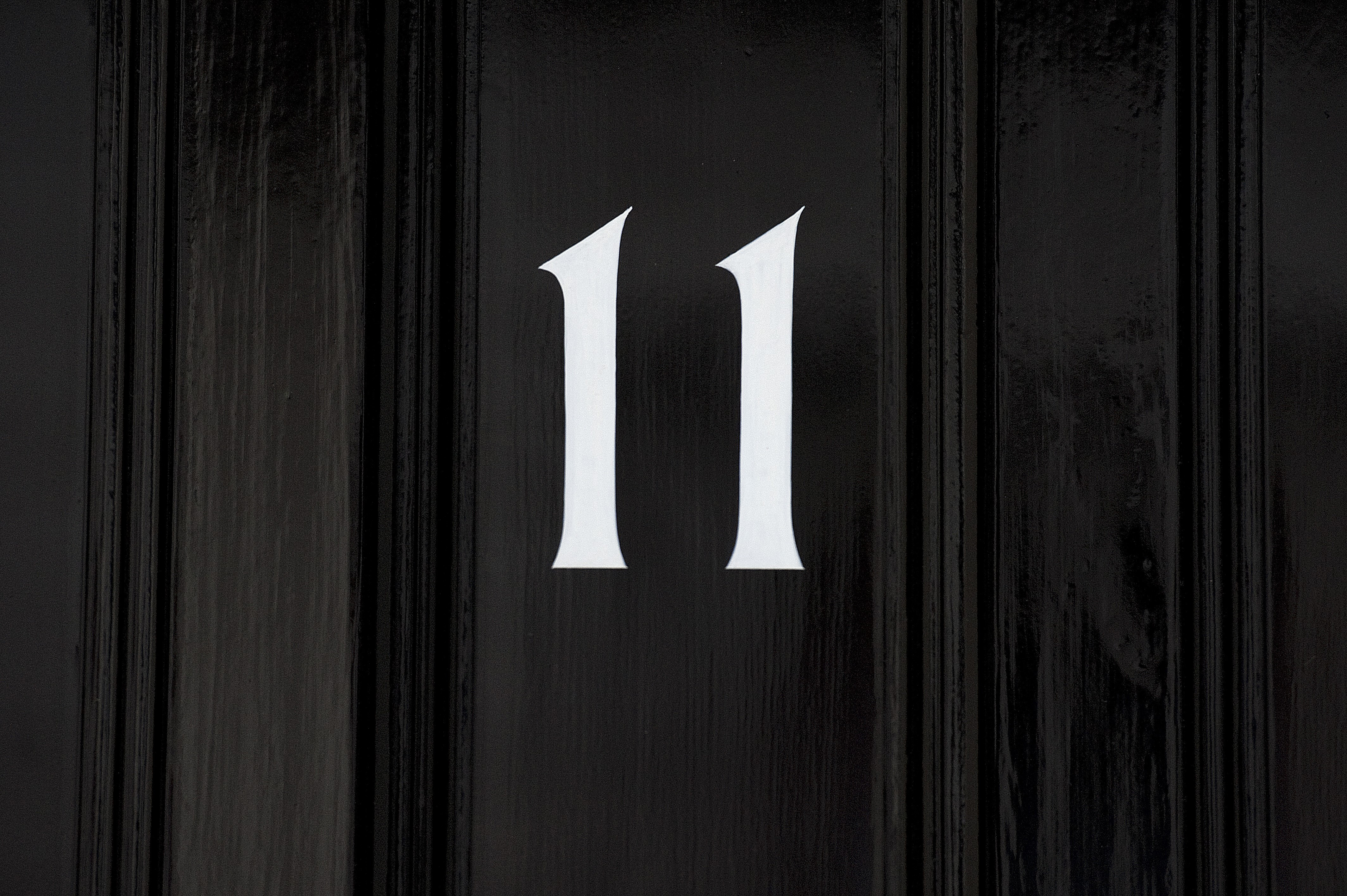Thanks to Budget purdah, we’re all in the dark about what will be in George Osborne’s Red Book today. Oh, sorry, that’s wrong, don’t know what I was thinking. Truth is that, unless the Chancellor has some monumental surprises lined up, we’ve actually heard about much of the Budget in advance. We know, for instance, not just that he’ll cut the top rate of tax from 50p to 45p, but also — courtesy of Andrew Grice in the Independent today — the internal political slog by which he reached that decision. Thanks to the proclivities of coalition government, this has to be one of the most pre-briefed Budgets ever.
There are still, though, as James Plunkett demonstrated yesterday, some questions hovering over this Budget — and some of them around the 50p rate too. One thing to look out for will be how Osborne justifies the cut. Will he simply say that 50p would have raised money, but less than the Treasury expected, and leave it at that? Or will he produce a new analysis suggesting that 45p will raise more than 50p ever could? This matters fiscally: because the answer determines whether Osborne will need to ‘find money’ to replace the cut. But it also matters politically: the difference between an argument based on growth and one based on tax revenues.
The biggest clue that Osborne’s argument will be based on growth, rather than revenues, is the emphasis that’s being placed on another policy — an increase in stamp duty for properties worth over £2 million — as a means of filling the gap left by 50p. But you never know. The Chancellor might come with Laffer curves to make his case; in which case, what will his case be? Would 45p raise more than 40p? If so, what does that mean for the continuing debate over the top rate? And what of that stamp duty hike? What does it entail for Boris, given that 81 per cent of £2 million properties are in London? Will anyone complain that home buyers in the £2 million bracket already contribute 17 per cent of all stamp duty revenue, despite representing just 0.5 per cent of total transactions?
Come to think of it, questions abound — and that’s just for two policies which, for all their political sigificance, amount to a hill of beans when it comes to sorting the deficit. We shall have live coverage, and some of the answers, on Coffee House today. We’d be pleased if you tuned in.







Comments